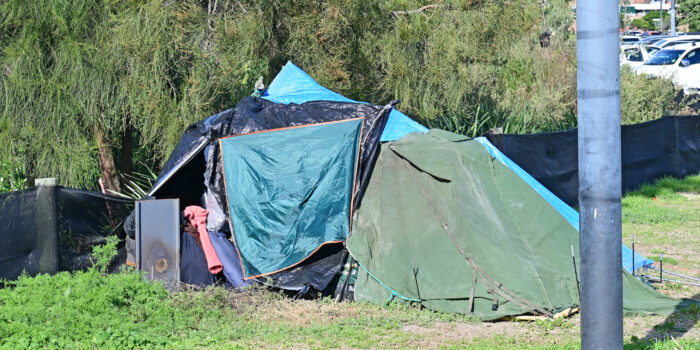Landlords must look to their leases to determine their rights when faced with tenants’ demands to repair flood damaged premises or where termination is threatened because of it.

The provisions vary markedly from lease to lease and the right to terminate often depends on the duration of the unrepaired damage or whether the premises have been rendered substantially unfit for occupation.
What amounts to “substantially unfit for occupation”?
Some help is gained from a 1962 High Court case* relating to a fire that severely damaged the “Colony Club” which was “a modern coffee shop and restaurant” in Edward Street Brisbane that also sold “cakes scones confectionery cigars cigarettes matches and tobacco”.
The court held that even though part of the premises – the front counter where cigarettes and refreshments could be sold – remained available to the tenant for use, the premises were substantially unfit for occupation “as a whole” and the tenant was entitled to terminate the lease.
Note that, to meet the “substantially unfit” test, not all parts of the rented premises need be uninhabitable or even damaged. But the consequences of the damage must not be “transient or temporary”.
Can a tenant terminate a lease because a landlord fails to conduct repairs that the lease requires him to perform, within the timeline that the tenant requires for the proper operation of its business?
Barring a specific lease provision, the landlord must act reasonably. However a decision from the Supreme Court auspiciously published on 11 January** as Brisbane city began its pre-flood evacuation, confirms that a breach by a landlord of a covenant to repair does not of itself afford a tenant the right of termination.
This right only arises if the landlord’s conduct constitutes a “repudiation” of the lease and this often depends on the extent of delay on the landlord’s part to effect the repairs that pursuant to the lease are its obligation to perform.
There will be some leases where the obligation to repair flood originated damage is unclear. Other lease provisions may be of assistance in deciding the question but clearly parties must exercise extreme care in such circumstances. Purported termination on insufficient grounds usually amounts to repudiation entitling a landlord itself to terminate and recover losses, potentially for the balance of the lease term.
Fortunately for the landlord in the 7-Eleven stores case, the tenant had not premised its purported lease termination on the landlord’s failure to obtain its mortgagee’s consent to the transaction. Had the tenant done so, it would have successfully (pursuant to a specific lease provision) escaped the lease and would not have needed to rely upon the other arguments – delayed repairs; termination for failure to give an RSLA disclosure notice – all of which were decided against it during the two-day trial concerning the Runcorn (Brisbane) service station premises.
For all lease enquiries email Peter Carter or call on 07 3210 3409. Make an online enquiry »
* Georgeson v Palmos (1962) 106 CLR 578
** 7-Eleven Stores Pty Ltd v United Petroleum Pty Ltd & Anor [2010] QSC 469 Peter Lyons J 11/01/2010





